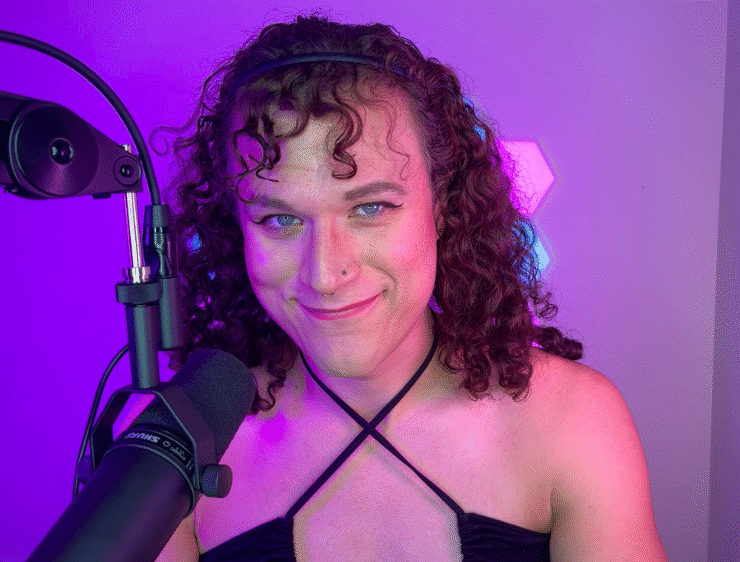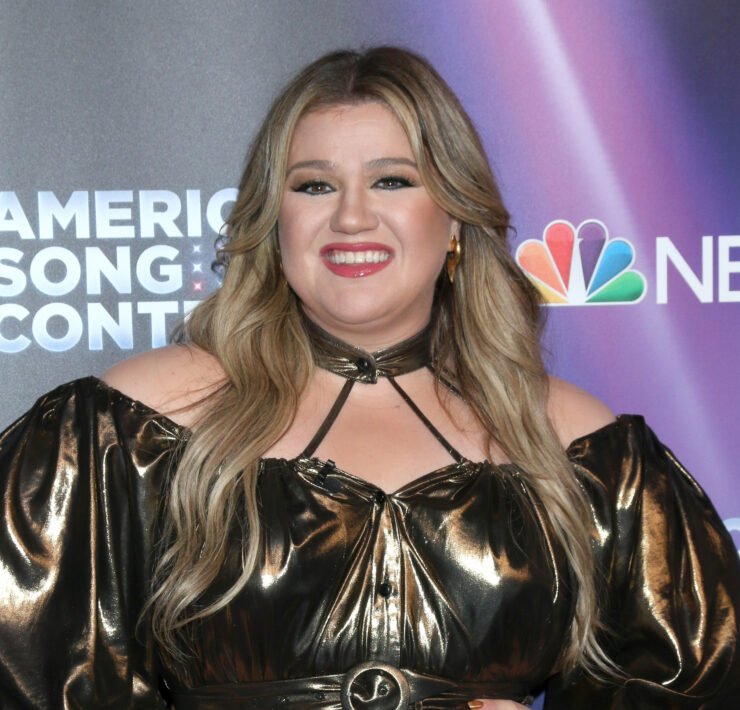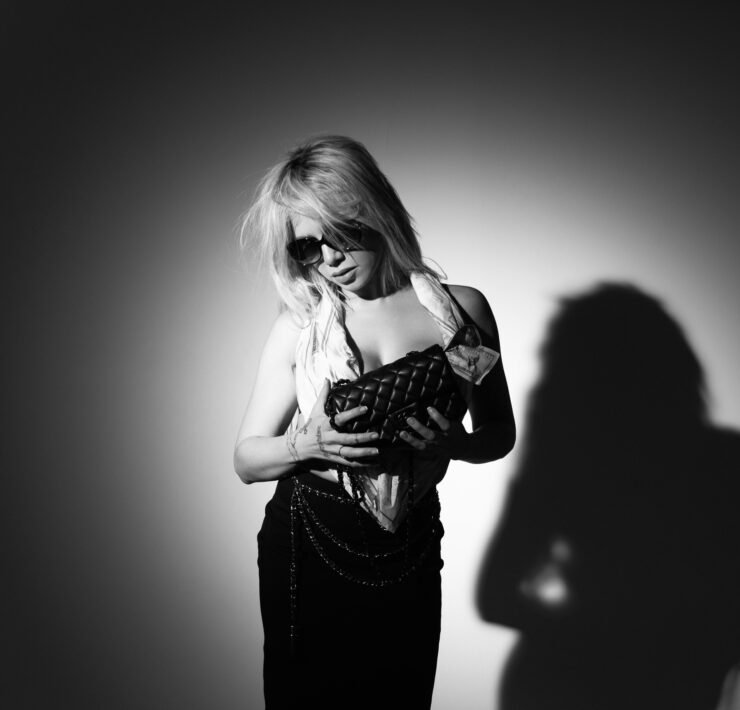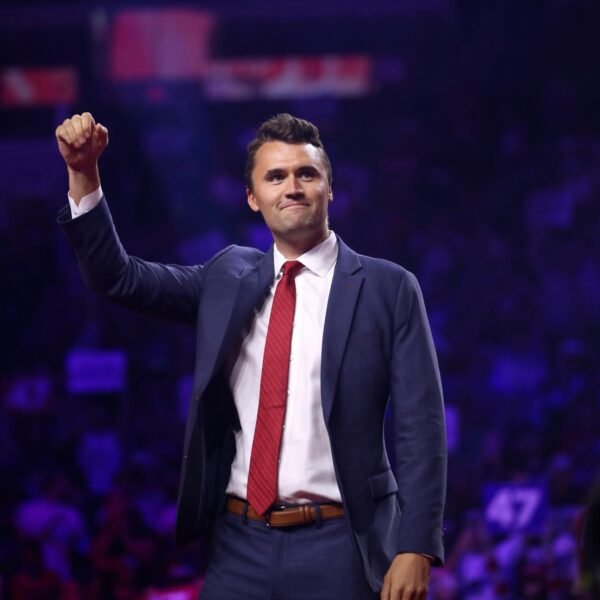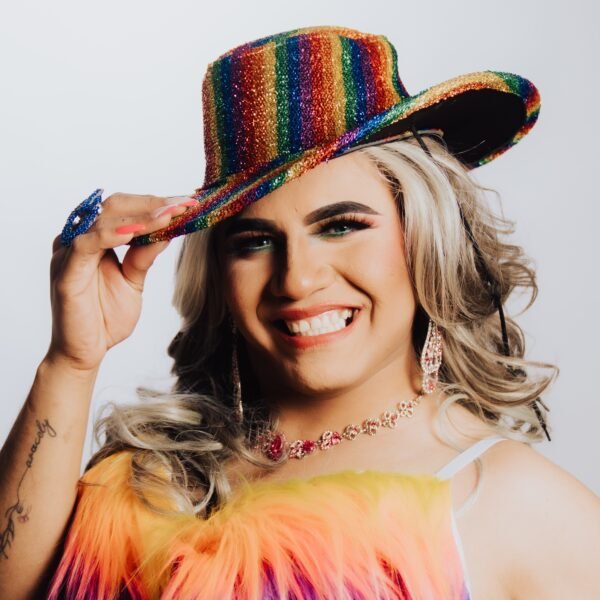Pride: Now vs. Then: The Secret History of Pride

Brianna Janae is a queer writer, poet, and creative visionary.…
In 1969, when police raided the Stonewall Inn, not everyone believed it was a moment to stand down but rather a moment to stand up—to stand against the brutality, fear mongering, and to stand up for liberation. The first Pride celebration occurred a year later, on June 28, 1970, and has continued ever since. As a Black, queer woman myself, my first Pride was met with rainbows, sunshine, a parade, dancing, and the biggest feeling of queer camaraderie I had ever felt in my life. When I look back on my experience with my first Pride and the history of its origin, it’s not hard to think of the intersectionality of what happened in 1969 and what happens in the present day.
In the eyes of the law, the response from patrons and staff was considered a “violent demonstration” that led to days of rioting in Greenwich Village, New York City, also known as The Stonewall Riots. Today, I would call what happened at Stonewall Inn an explicit example of police brutality and the system that keeps it in place. There is public knowledge about what law enforcement has done to harm various communities. These acts are often directly directed at people of color, LGBTQ individuals, the unhoused, and erotic laborers. The overuse of weapons and power is not a single-cop issue but a disconnect between the system, which these communities were not built for.
Justice is not often served for victims when the badge is on the other end of it. Hate crime legislation often defines a hate crime as a crime motivated by race, religion, ethnicity, gender, disability, or sexual orientation. However, when these same crimes as defined by the law are committed by law enforcement, they are not often seen by legislation as hate crimes. Many trials lead to acquittals or no charges brought forth at all. The Black Lives Matter movement (as #BlackLivesMatter) was founded in 2013 in response to the acquittal of Trayvon Martin’s murderer.
BLM’s mission statement is as follows: “Black Lives Matter Global Network Foundation, Inc. is a global organization in the U.S., U.K., and Canada, whose mission is to eradicate white supremacy and build local power to intervene in violence inflicted on Black communities by the state and vigilantes. By combating and countering acts of violence, creating space for Black imagination and innovation, and centering Black joy, we are winning immediate improvements in our lives.”
And in 2022, from queer rights to reproductive justice, we are still standing up and not standing down. The recent leak of Roe v. Wade potentially being overturned has brought another set of eyes to our legislation and the rights to those who bear children to choose. Reproductive rights is not only a women’s rights issue but a right of all people who can reproduce. The right stands for cis women, trans men, and nonbinary folks to decide if they would like to continue with a pregnancy, the right for safe spaces for people of color, to same-gender marriage, to abortion rights, and the fight against brutality from law enforcement—We are still on the journey for liberation.
Within our recent history, there has been an uprising in the active participation of the social justice movements. We have more visibility now than we have before with access to social media and the social climate change of awareness. There would not have the same amount of visibility on social injustice in the public eye without the impact of being able to keep up with what happens all over from the palms of our hands.
But at the heart, it was those same emotions that carried those who participated in those 1969 riots and beyond. Marginalized communities and allies have put themselves on the front lines for as long as injustices have begun. It is necessary to actively seek out and get rid of the barriers that are impeding equal treatment, access, opportunity, and advancement of oppressed communities. Equity is about “leveling the playing field.” Creating safe spaces for LGBTQ, Black and Brown individuals, sex workers, the unhoused, and many other marginalized communities is a must.
As the marathon continues for liberation, it will take allyship as it has in the past. During one of the world’s most difficult times, we were experiencing the ramifications of police brutality all over the nation. It took a lot of anger, fear, passion, and organizing to pull together a large portion of the 2020 protests in the midst of what the country was going through.
When I moved to Denver in fall 2020, the election was within the following month. There were a different set of concerns from what I knew of Trump’s previous term in office, along with the impact of what a second term meant for America. I also wondered what it meant for me and the internal liberation to my Blackness, queerness, and unlearning of societal norms.
Even to know members of my own zip codes believed in the spiteful hate from his presidency made me feel uneasy. The unfortunate thing about discrimination is that it is not central to one town or state. Moving to Denver gave me a different perspective on the liberal views versus my hometown of Ohio, but it did not absolve me of racism or prejudice. The fight for liberation continues, and it will be a fight for a plethora of communities who are taking back their power and taking a step against white supremacy, patriarchy, or those who wish to take away the right to choose.
Law enforcement being a part of Pride celebrations is still controversial. After a 2021 decision that banned police participation at Denver Pride, officers and first responders are being invited back to the parade without uniforms in 2022; there are mixed feelings on the matter. On one hand, the police force being at large events as a part of the safety of the city or state seems unavoidable. But on the other, spaces that are meant to be commemorated in the protesting of police brutality also should feel safe to do without police presence.
This year, The Center CEO Rex Fuller spoke with OFM’s, Keegan Williams about the involvement of police at Pride. The article states:
“The Center faced (one main question) in making the decision: How does the organization produce a Pride event acknowledging the real problem of system racism within law enforcement while also acknowledging the struggles of individual law enforcement officers who are trying to do good for their community?
“Fuller says there isn’t a perfect answer, but the compromise meant working with a group of LGBTQ officers and first responders to create a marching unit in the parade. They will not be in uniform, wearing t-shirts that read ‘Pride on Duty Colorado,’ though Denver Pride is not inviting police agencies and police departments to participate in the parade or festival.”
With police welcomed back to the table at Pride to some degree, it’s unclear where Pride is going to go this year and next, but it is still clear that there is a lot to be celebrated and also a lot of work still to be done.
What's Your Reaction?
Brianna Janae is a queer writer, poet, and creative visionary. She uses her writing as a canvas of expression to create a picture for her audience—emphasizing activism, mental health, relationships, and the Black, femme experience. IG: @breezy.janae



